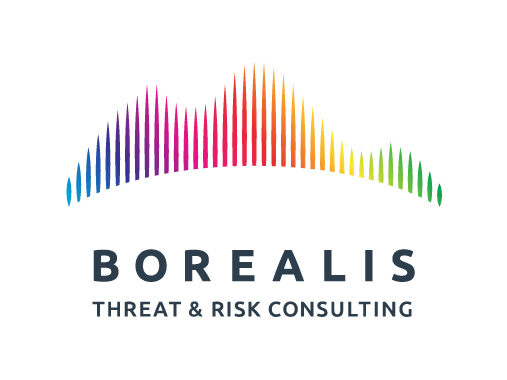This piece first appeared in The Epoch Times Canada on March 4, 2024.
A jihadi by any other name is a jihadi
Shakespeare had it right. No matter what we call something that does not affect its essence. Trends and fads come and go but facts are facts. Roses do smell sweet no matter what label we put on them.
Language is a funny thing. No matter how many times people try to control it, or change it, or ban words from the public lexicon, they end up failing, for our species’ linguistic competence is one of the most democratic of institutions. We say what we want to say, in the way we wish to say it, regardless of what the language czars prefer. This is known as a descriptive approach to language in linguistics (as opposed to a “prescriptive” one).
Those seeking to impose standards on our way of expressing ourselves do so for a variety of reasons. Some feel that certain forms of language are “better” than others (for example, saying “is not” instead of “ain’t”). Others are simply snobby.
And some want to put the brakes on some words and phrases out of a sense of “protecting” us from language they have decided is “racist” or “colonialist.” In this respect there is no better illustration than the development of vocabulary used by the Canadian government to describe terrorism.
I have more than a passing interest in language and how it intersects with threats. I wanted to be a translator/linguist and actually taught linguistics at university for 15 years, before I stumbled into my career in intelligence serendipitously.
When I worked at CSIS we outwardly proclaimed that our #1 concern on the terrorism front was that emanating from Islamist extremists. The term had been used for decades among security professionals and academics and was widely understood and accepted. No one saw it as discriminatory or a form of “micro-aggression” (whatever that phrase means).
And yet, after the current government assumed power in the late fall of 2015—I had retired from CSIS in April of that year—the tide shifted. No longer would the well-used “Islamist terrorism” be uttered by anyone, including CSIS. In its place we got the anodyne “religiously motivated violent extremism” (RMVE), a mouthful that does reflect both the Canadian Criminal Code (section 83.01ff) and the CSIS Act (Section 2c)), but is neither accurate (the terrorist motivations of groups like Al Qaeda and ISIS are not solely religious) nor truly descriptive (no one I know of worries about Mennonite suicide bombers!). All in the name of not offending anyone, apparently.
Luckily, some are pushing back (aside from me). Michael Burgess, the director of ASIO, CSIS’s Australian equivalent, stated recently that the single greatest terrorist threat his nation faced was that of “Sunni Islamic Terrorism,” a term we at CSIS used in the 2000s before altering it to Islamist terrorism. In Belgium, the OCAD, a “fusion” intelligence centre akin to Canada’s Integrated Terrorism Assessment Centre, came out with a statement that more than 40 percent of the threat reports it received in 2023 were related to Islamist extremism.
And in the UK Prime Minister Sunak proclaimed that Britain’s multi-ethnic democracy was being deliberately undermined by Islamist (as well as far-right extremists). Yes, Islamist, not “religious” terrorists. I do not think that most Brits cower at the spectre of Quaker violence.
Meanwhile, we here in Canada are fed a steady diet of “it’s all about the far right and white nationalism,” despite arrests in Quebec, Ontario, and Alberta of alleged terrorists who sure look like they were inspired by any number of jihadist organizations (ISIS, Hamas, etc.), not that anyone in a position of power is saying so.
Language matters. We can choose to be accurate to allow our protectors to dedicate the necessary resources to threats proportionately, or we can fudge our words so that no one—and this includes the public—really has any sense of the dangers we face. What we need is honesty and courage to call a jihadi a jihadi.
In my time at CSIS we engaged with Muslim communities openly and had honest exchanges on what kept us up at night. We explained why we used the terms we did and no one got upset over our choices. Why does this government think Canadians can’t handle the truth?
When your security services and law enforcement agencies are burdened with woke and politically correct language, more concerned with rooting out fictitious “systemic racism” than they are with ensuring they have the resources to carry out investigations, gather intelligence/evidence, make arrests and lay charges, we are all less safe.
All over a couple of words. Go figure.

